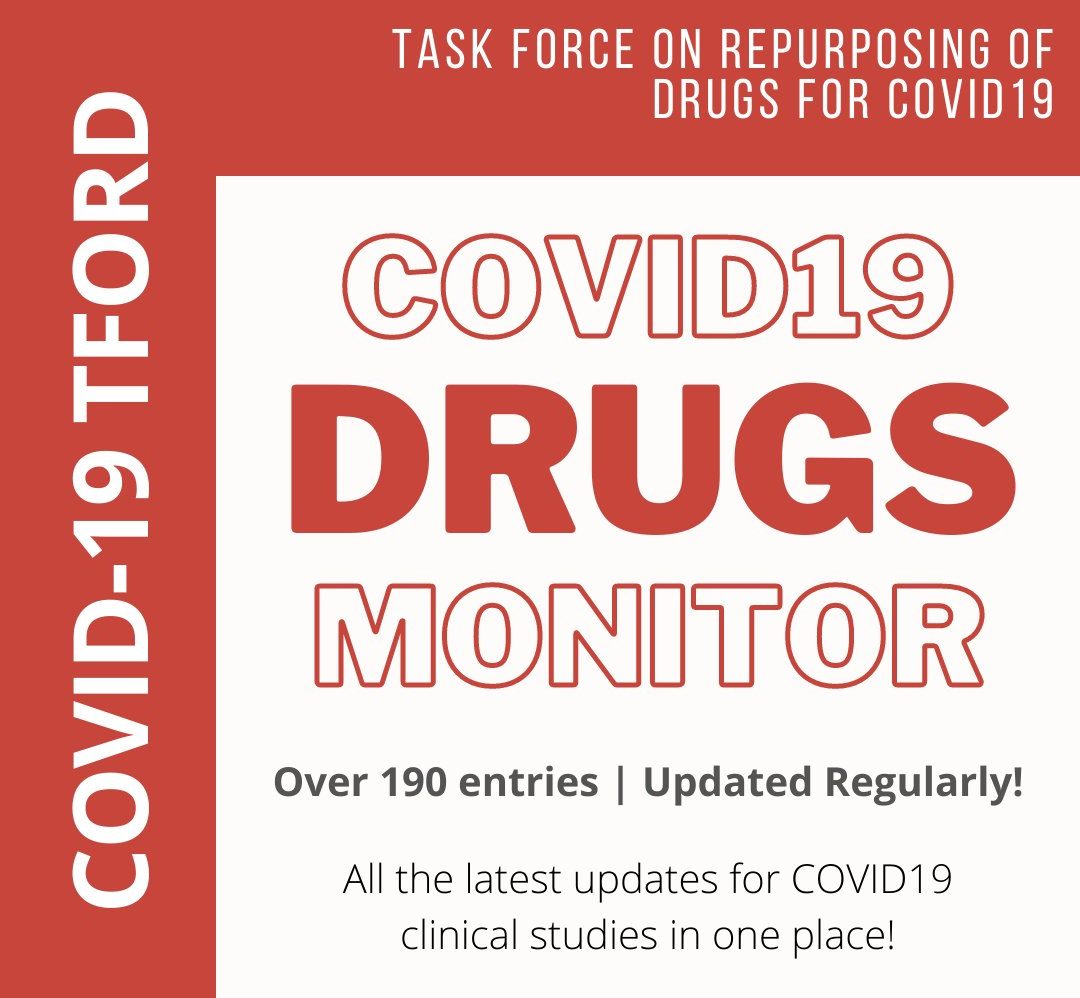(22 Aug 2020) Remdesivir- No statistical significant difference compared to SOC
Effect of Remdesivir vs Standard Care on Clinical Status at 11 Days in Patients With Moderate COVID-19: A Randomized Clinical Trial
https://doi.org/10.1001/jama.2020.16349
Among 596 patients who were randomized, 584 began the study and received remdesivir or continued standard care (median age, 57 [interquartile range, 46-66] years; 227 [39%] women; 56% had cardiovascular disease, 42% hypertension, and 40% diabetes), and 533 (91%) completed the trial. Median length of treatment was 5 days for patients in the 5-day remdesivir group and 6 days for patients in the 10-day remdesivir group. On day 11, patients in the 5-day remdesivir group had statistically significantly higher odds of a better clinical status distribution than those receiving standard care (odds ratio, 1.65; 95% CI, 1.09-2.48; P = .02). The clinical status distribution on day 11 between the 10-day remdesivir and standard care groups was not significantly different (P = .18 by Wilcoxon rank sum test). By day 28, 9 patients had died: 2 (1%) in the 5-day remdesivir group, 3 (2%) in the 10-day remdesivir group, and 4 (2%) in the standard care group. Nausea (10% vs 3%), hypokalemia (6% vs 2%), and headache (5% vs 3%) were more frequent among remdesivir-treated patients compared with standard care. Conclusions and Relevance: Among patients with moderate COVID-19, those randomized to a 10-day course of remdesivir did not have a statistically significant difference in clinical status compared with standard care at 11 days after initiation of treatment. Patients randomized to a 5-day course of remdesivir had a statistically significant difference in clinical status compared with standard care, but the difference was of uncertain clinical importance. Trial Registration: ClinicalTrials.gov Identifier: NCT04292730.
